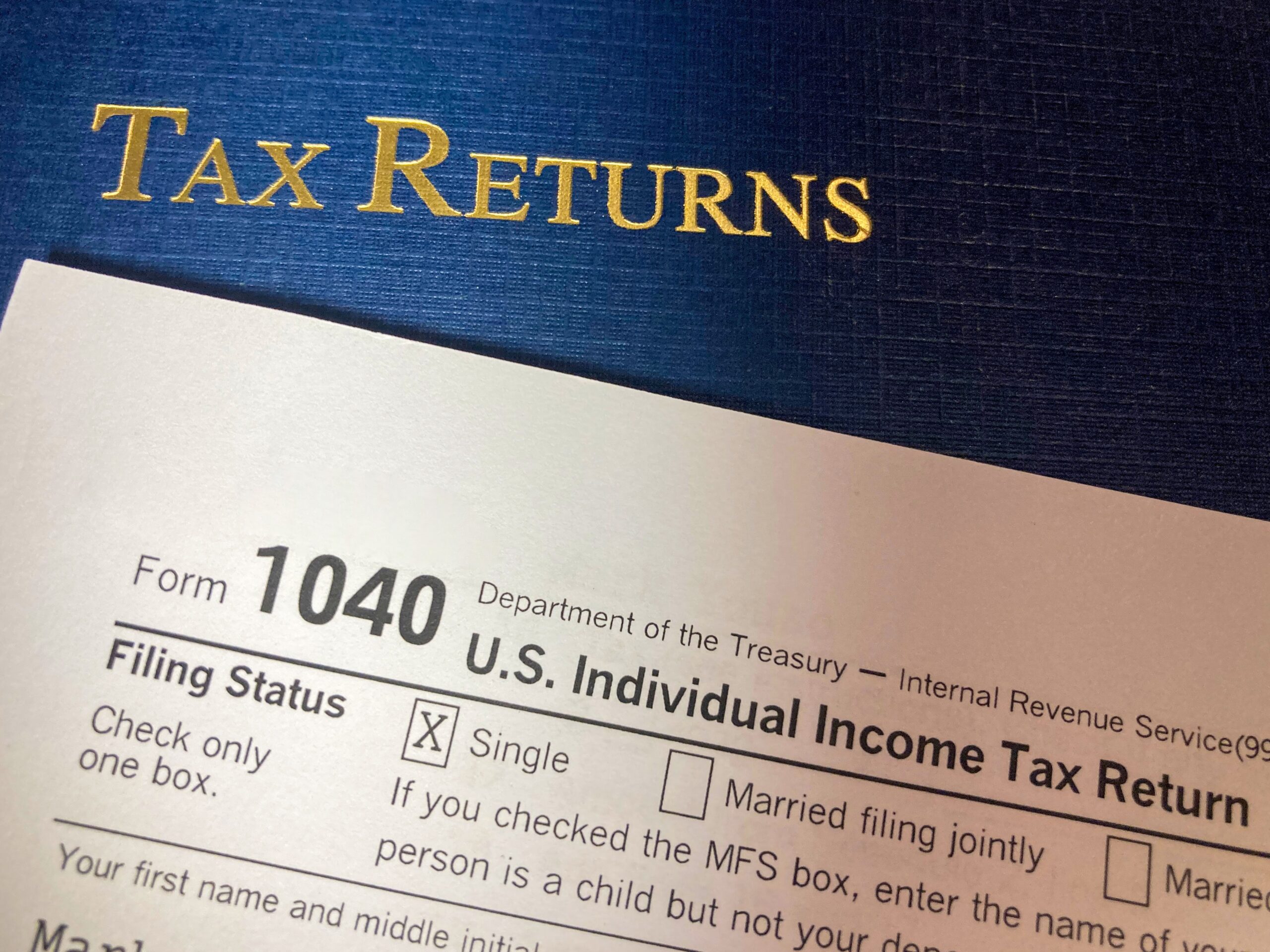
Will Increased IRS Funding Translate to More Audits?
A recently passed Inflation Reduction Act provided the Internal Revenue Service with an $80 billion cash infusion. The IRS says it plans to use the influx of money to develop new data management systems and provide Americans with “world-class” customer service and support. However, some Americans fear that injecting cash into one of the most powerful government agencies may mean an increase in tax audits.
The tax lawyers at Jeffrey M. Rosenblum, P.C., understand how many Americans view the IRS and the complications that arise when you run afoul of the government agency. Will an increase in IRS funding translate into more audits and increased worries for the average American? We want to help explain what may lie ahead.
The Inflation Reduction Act
The Inflation Reduction Act passed in 2022, marks significant progress in addressing clean energy and climate change issues. The measure offers up $370 billion in investments to help lower energy costs for families and small businesses. However, provisions in the measure also provide the Internal Revenue Service with an estimated $80 billion in additional funds. As a result of the influx of money, the IRS estimates it could collect more than $100 billion in new revenue over ten years. How is that possible?
Breaking down where the cash is going, the IRS claims the money will be used to improve customer service for those seeking tax help, decreasing caller wait times. It also wants to use the money to improve its data management systems, making it easier for Americans to pay their taxes and securely access their tax information, including their payment history. The hope is that updates to the digital system can better protect taxpayer information and help the agency avoid massive potential backlogs of paper tax returns.
Will Increased IRD Funding Translate to More Audits?
The short answer is yes, for some people. The agency also plans to spend a portion of the money received on hiring nearly 20,000 new employees by the end of fiscal year 2024. However, the staff employed by the IRS is smaller today than in 2010. Some of the hirings could offset planned employee retirements and declining staff.
More staff means more opportunities to conduct tax audits. First on the list, according to the new commissioner of the IRS, Danny Werfel, are wealthy individuals and corporations with large and complex partnerships. For many Americans, it feels as if there is a wage disparity. The massively wealthy continue to gain wealth and exploit tax loopholes, while average, hardworking Americans pay their dues and find themselves stagnant.
The IRS says the cash infusion from Congress can help give them the means to review and audit the complicated tax returns of America’s most wealthy individuals and corporate entities. Administration officials claim taxpayers earning less than $400,000 per year would not see an increase in audits.
However, there may be a hitch in the IRS’s new plans following a battle to increase the debt ceiling. Some lawmakers held out on raising the ceiling to avoid default unless the $80 billion in funding to the IRS was cut or reallocated. About $21 billion of the original $80 billion was cut or repurposed as part of an agreement to suspend the debt limit and cap federal agency spending.
Do You Have Tax Questions or Concerns? Arrange a Consultation with an Experienced Tax Attorney
Are you being audited by the IRS? Do you have tax questions or concerns? Never negotiate with the IRS on your own. Protect yourself by consulting an experienced New York tax attorney. Arrange for a complimentary initial consultation with a tax lawyer from Jeffrey M. Rosenblum, P.C. today. Call 866-637-7300 for an appointment now.

